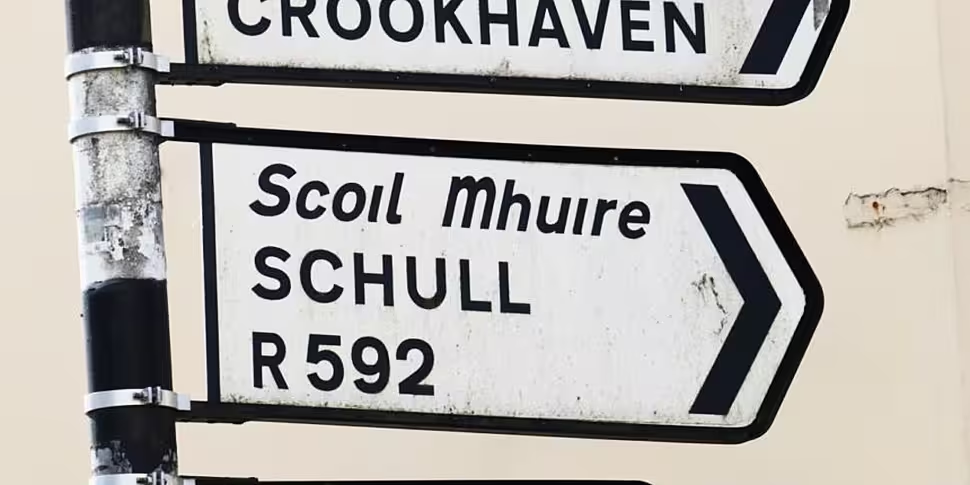There is a worrying trend of rising exemptions from the Irish languages in schools.
That is according to General Secretary of Conradh Na Gaeilge, Julian de Spáinn.
He was speaking to Newstalk Breakfast after Oireachtas committee members questioned Education Minister Norma Foley over the increased number of exemptions.
The amount of people with an exemption is over 40,000, with two-thirds of those students actually studying a separate language.
Mr De Spáinn said the approach has to change.
"We would be very worried about the way the figures are going," he said.
"We know that in 1999 they were about 2%, and now it's gone up to nearly 11%.
"We'd be worried about it, but worried about it more in the context of we don't see the department looking to make some real changes.
"In many respects, they seem to be trying to avoid the problem instead of actually dealing with the problem.
"What you do with the problem is you address, I suppose, the needs of the students so that we don't have to use exemptions to the quantity that we're doing at the moment".
Common European Framework
He said the system should be more flexible.
"The actual system that we have for the teaching of Irish is wrong, it's not working - so we need to change it," he said.
"What we could change it with is a system that would be a lot more flexible.
"For example, if we brought in the European Common Framework of Reference for Languages: that would be looking at the skills of the student.
"So a student could be ahead in a different skill - they could be better at speaking the language than they are in writing the language.
"If a student has a learning difficulty when it comes to writing the language, why couldn't they excel in speaking the language?"
'The value of language'
He added that language awareness courses, for all languages, should be brought in.
"I don't think we understand the importance and the value of language learning; we don't talk about the additional benefits."
It comes as a number of Ukrainian refugees who came to Ireland are currently learning Irish.
One such refugee, Khadizha, explained: "I think we might have this implicit cultural understanding and connection; the trauma is generational when it comes to colonialism and imperialism aggression.
"That’s why I feel people would understand me here, better than any other country in Europe.
“Because most of them were always the aggressors; most of them still have colonies," she added.
Meanwhile Irish language legislation for Northern Ireland cleared its final hurdle in the British parliament on Wednesday.
This means the Irish language will have official status there and can be used in the courts.
It will also see the appointment of Irish and Ulster Scots commissioners.
The UK Secretary of State can intervene in areas relating to the decisions of commissioners if power-sharing is not restored at Stormont.









